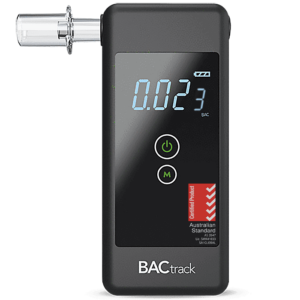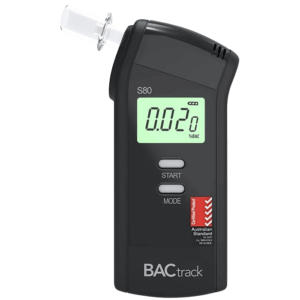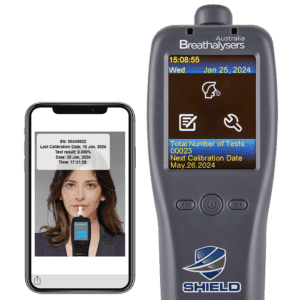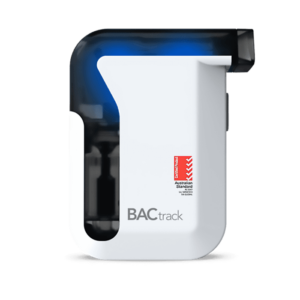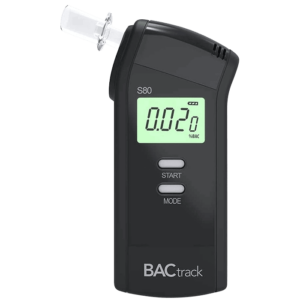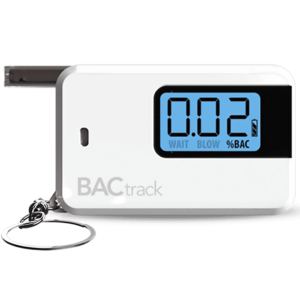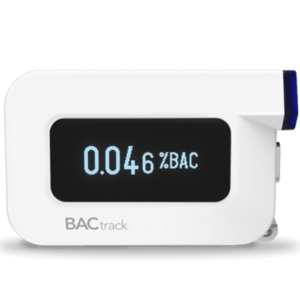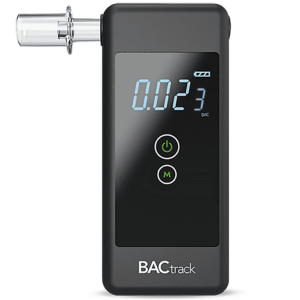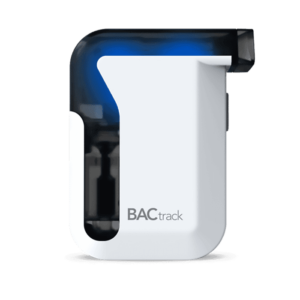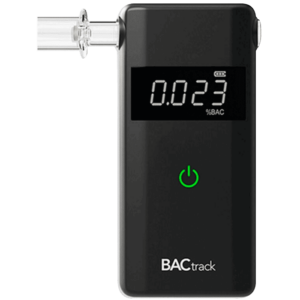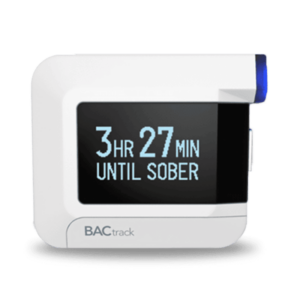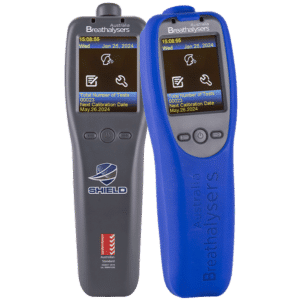Alcohol Screening Test: Types of Tests and Understanding the Results
17 January, 2024

The effects of alcohol misuse can be detrimental to individual health and overall societal well-being. To mitigate these effects, alcohol screening is crucial in identifying individuals who may be at risk of alcohol dependency. It assesses individuals using a series of questions. Some of the most common testing types are the Alcohol Use Disorders Identification Test (AUDIT) and the Michigan Alcohol Screening Test (MAST). Health workers interpret the scores they obtain from the test, which they communicate to patients.
Heavy drinking can lead to accidents, violence, and other negative consequences. Thus, preventing the frequency of alcohol consumption is essential. One way of doing so is by implementing and undergoing a screening test for alcohol. By detecting early signs of problematic drinking, healthcare professionals can intervene and provide appropriate interventions. To learn more about the test, the article will present what it is, the different types available, and how to understand the results of the tests.
What Is an Alcohol Screening Test?
An alcohol screening test is a tool that assesses the alcohol consumption of people. Moreover, it determines whether they may have an Alcohol Use Disorder (AUD). Primary care providers conduct testing through a series of questions about the frequency and amount of alcohol consumed. Also, they may ask about the negative consequences that may have resulted from drinking alcoholic drinks.
Alcohol use screening tests are often used in healthcare settings to identify individuals who may be at risk of alcohol-related problems. Consequently, professionals can provide them with appropriate interventions and support. In addition, these tests can also be administered in other settings such as workplaces, schools, and at home because online versions are available.
It is essential to note that the screening test is not a diagnostic tool for AUD. It simply indicates the drinking patterns of individuals. Doctors may advise regular follow-up and monitoring to track progress and ensure compliance with the recommended treatments. This can include periodic screening tests to assess changes in alcohol consumption patterns over time.
Purpose
- Alcohol use screening tests can help identify people who may be at risk for alcohol abuse due to their harmful alcohol consumption patterns.
- Healthcare providers can determine the amounts of alcohol individuals drink. Subsequently, they can assess its impact on their health and well-being.
- Based on the results of the test, professionals can recommend and prescribe appropriate treatment options to address the alcohol-related concerns of patients.
- It monitors the progress and effectiveness of alcohol intervention programs for people seeking help for their alcohol use.
- The test can prevent the development of potential health issues like liver disease, cardiovascular problems, and mental health disorders.

Types of Alcohol Screening Tests
There are various types of alcohol screening tests. One commonly used test is the AUDIT, which consists of 10 questions that help to identify risky drinking behaviours and alcohol dependence. Another popular testing method is MAST. It is a 25-question test that evaluates consumption patterns, the consequences of drinking, and the perception of individuals of their habits.
In addition, the CAGE questionnaire is available. It focuses on four key areas to assess alcohol misuse: cutting down, annoyance, guilt, and eye-openers. This alcohol use screening test is brief and easy to administer. Substance Abuse Subtle Screening Inventory (SASSI) is one more type. It is a comprehensive screening tool that assesses substance use disorders, including alcohol.
These screening tests play a crucial role in identifying individuals who may be at risk for severe alcohol dependence. Meanwhile, those who self-administer these tests can gain valuable insights into their drinking behaviours and make informed decisions moving forward. Also, they are an essential aspect of preventive healthcare and help to promote early detection and intervention for alcohol-related problems.
Accuracy and Reliability
Screening tests for alcohol have demonstrated high accuracy and reliability in identifying individuals with harmful drinking patterns. Moreover, they have been extensively studied and validated. Thus, their ability to accurately assess alcohol consumption and related problems contributes to a better quality of life for those who receive timely support and treatment.
Additionally, screening tests are reliable and cost-effective in healthcare settings. By recognising at-risk patients and providing early interventions, healthcare systems can save on long-term costs associated with alcohol-related health issues. Moreover, these tests can help reduce the societal burden of alcohol misuse by preventing its negative impact on individuals, families, and communities.

Understanding the Results of an Alcohol Screening Test
When interpreting the results of an alcohol screening test, understanding what each score or response means concerning alcohol consumption is crucial. These screening tests are designed to assess the risk of a person for alcohol-related problems. Consequently, they can help identify people who should undergo further assessment or intervention.
For example, the AUDIT questionnaire consists of 10 questions that assess alcohol consumption, alcohol-related problems, and alcohol dependence. Each question is scored from zero to four, with a total score ranging from 0 to 40. A higher score on the AUDIT indicates a higher likelihood of alcohol-related problems. Subsequently, this may warrant a closer evaluation or intervention.
Similarly, the CAGE questionnaire consists of four questions that assess for signs of alcohol dependence. A score of two or more indicates a likelihood of excessive alcohol consumption. It is essential to interpret the scores in the context of the overall health and lifestyle of the patient. Also, they must use the outcomes as a starting point for further discussions about alcohol use and its impact on the well-being of the person.
What Happens After a Positive Result?
After a positive alcohol screen result, the individual will typically be referred for a more comprehensive evaluation by a healthcare provider. Further evaluations will help determine the level of severity of their alcohol issues. Also, these can guide appropriate treatment recommendations.
Following the evaluation, professionals may encourage the patient to participate in treatment programs. These include counselling, support groups, or medication-assisted therapy. In some cases, the individual may also be referred to additional lab tests or facilities for intensive treatment and support. Those with a positive result need to seek help and support to address their alcohol misuse and work towards recovery.
Conclusion
Alcohol screening tests are a vital tool for identifying individuals who may have AUD. Moreover, the test informs professionals that patients are at risk for alcohol-related problems. Providers and individuals can administer the test in various settings, including healthcare facilities near them, workplaces, and homes. They can choose from different testing types. Some of the most commonly used are AUDIT questions, CAGE questionnaires, MAST, and SASSI tests. These screening tools are accurate and reliable for assessing drinking habits.
Drinking alcoholic beverages is enjoyed by many people. However, excessive consumption can lead to severe problems. Therefore, it is crucial to identify those who may be vulnerable through a screening test. Understanding the results of the screening questions can provide valuable information on consumption patterns. Subsequently, people can receive appropriate interventions and support to address their alcohol-related issues. Ultimately, the test improves the overall health and well-being of those affected by alcohol misuse.


















